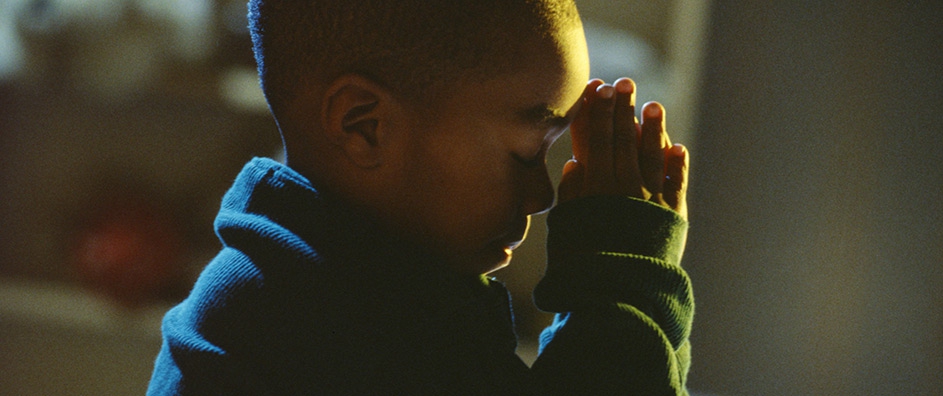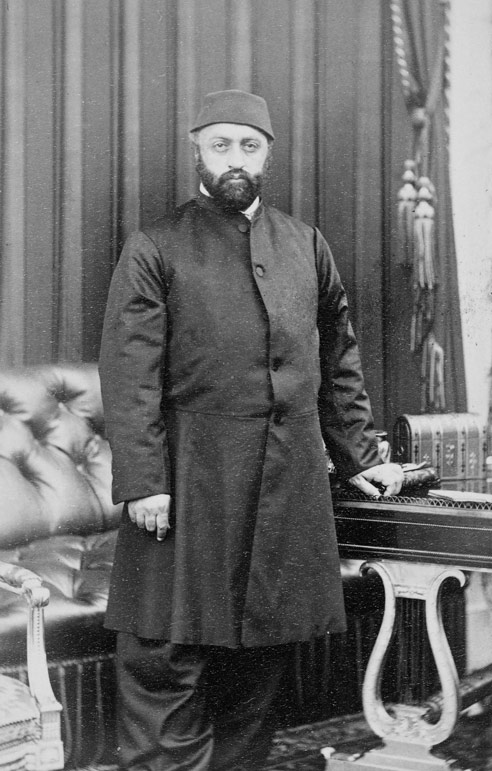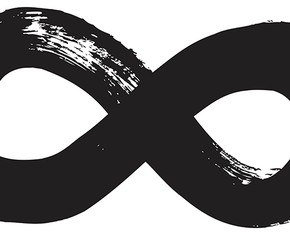The views expressed in our content reflect individual perspectives and do not represent the authoritative views of the Baha'i Faith.
O SON OF BEING!
Bring thyself to account each day ere thou art summoned to a reckoning; for death, unheralded, shall come upon thee and thou shalt be called to give account for thy deeds. – Baha’u’llah, The Hidden Words, p. 11.
The Baha’i teachings ask everyone to reflect, every day, on their spiritual life. Baha’is meditate and pray daily, and in this striking Hidden Word, Baha’u’llah asks each person to prepare for the transition from this physical plane to the realm of the spirit by bringing themselves “to account each day.”
This profound message, both a reminder of our mortality and a consistent spiritual practice Baha’u’llah asks us all to adopt, was even addressed directly to the Sultan of the Ottoman Empire, Abdu’l-Aziz. A powerful sovereign who exiled Baha’u’llah from Persia and ultimately into prison, Abdu’l-Aziz received one of Baha’u’llah’s famous Tablets to the Kings in the late 1860’s. That tablet called for justice for the poor, warning the Sultan about the great disparity between wealth and poverty Baha’u’llah saw in his kingdom, and asking him to “fear the sighs of the poor”:
Overstep not the bounds of moderation, and deal justly with them that serve thee. Bestow upon them according to their needs and not to the extent that will enable them to lay up riches for themselves, to deck their persons, to embellish their homes, to acquire the things that are of no benefit unto them, and to be numbered with the extravagant. Deal with them with undeviating justice, so that none among them may either suffer want, or be pampered with luxuries. This is but manifest justice.
Allow not the abject to rule over and dominate them who are noble and worthy of honour, and suffer not the high-minded to be at the mercy of the contemptible and worthless, for this is what We observed upon Our arrival in the City (Constantinople), and to it We bear witness. We found among its inhabitants some who were possessed of an affluent fortune and lived in the midst of excessive riches, whilst others were in dire want and abject poverty. This ill beseemeth thy sovereignty, and is unworthy of thy rank.
Let My counsel be acceptable to thee, and strive thou to rule with equity among men, that God may exalt thy name and spread abroad the fame of thy justice in all the world. Beware lest thou aggrandize thy ministers at the expense of thy subjects. Fear the sighs of the poor and of the upright in heart who, at every break of day, bewail their plight, and be unto them a benignant sovereign. They, verily, are thy treasures on earth. It behoveth thee, therefore, to safeguard thy treasures from the assaults of them who wish to rob thee. Inquire into their affairs, and ascertain, every year, nay every month, their condition, and be not of them that are careless of their duty.
Set before thine eyes God’s unerring Balance and, as one standing in His Presence, weigh in that Balance thine actions every day, every moment of thy life. Bring thyself to account ere thou art summoned to a reckoning, on the Day when no man shall have strength to stand for fear of God, the Day when the hearts of the heedless ones shall be made to tremble. – Baha’u’llah, The Proclamation of Baha’u’llah, p. 49.
Just a few years after he received this historic tablet from Baha’u’llah, the Sultan reached his own day of reckoning. In 1876, the effects of a massive drought and crop failure, combined with the enormous sums the Sultan had spent on his military and on lavish new palaces, and the public debt all those things caused, led his subjects and his ministers to violently depose him. He died in prison a few days later.
The advice and counsel Baha’u’llah gave to the Sultan can benefit anyone – weigh your actions every day using a spiritual balance; treat those around you with love, equity and justice; care for the poor in your midst; and prepare for a reckoning.
We all will arrive at that day, and be called to account for our deeds:
Arise, O people, and, by the power of God’s might, resolve to gain the victory over your own selves, that haply the whole earth may be freed and sanctified from its servitude to the gods of its idle fancies – gods that have inflicted such loss upon, and are responsible for the misery of, their wretched worshippers. These idols form the obstacle that impedeth man in his efforts to advance in the path of perfection. – Gleanings from the Writings of Baha’u’llah, p. 93.

















Comments
Sign in or create an account
Continue with Googleor